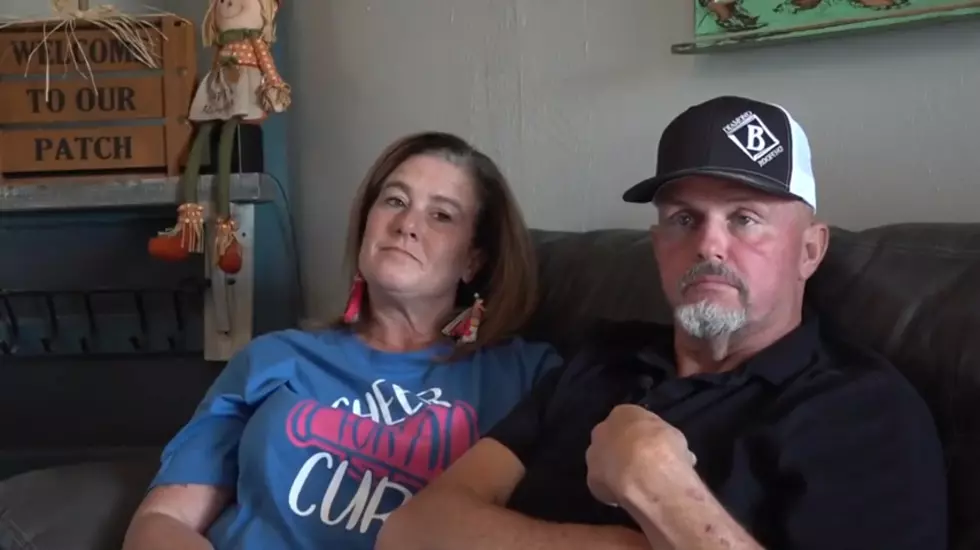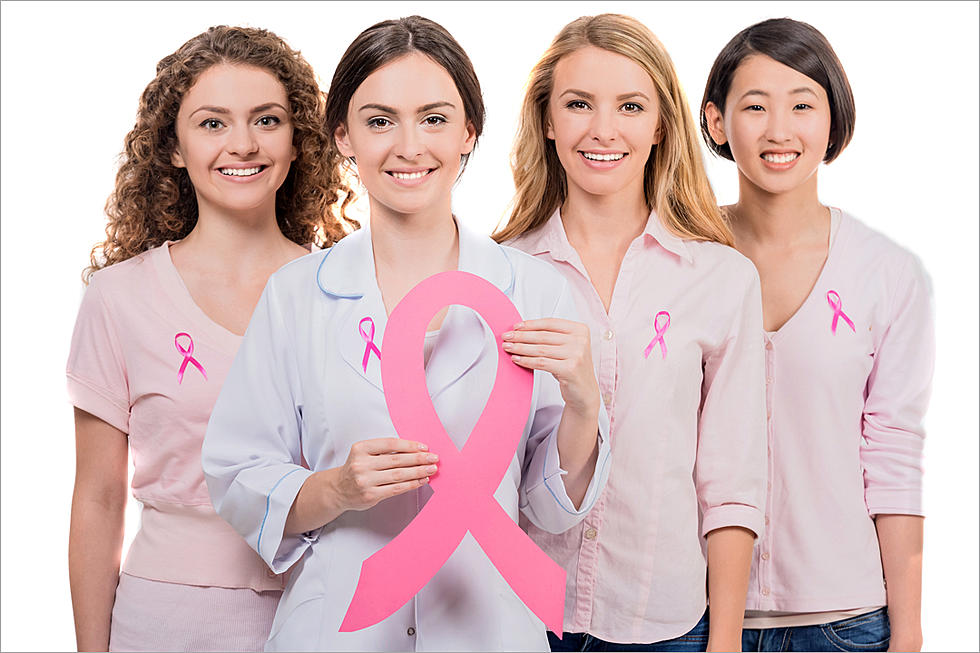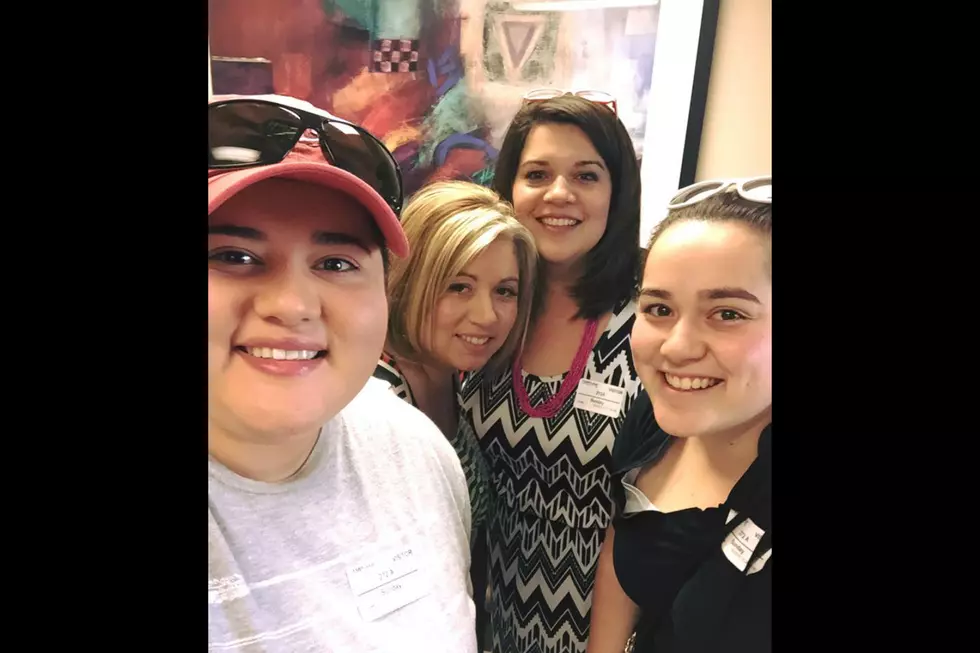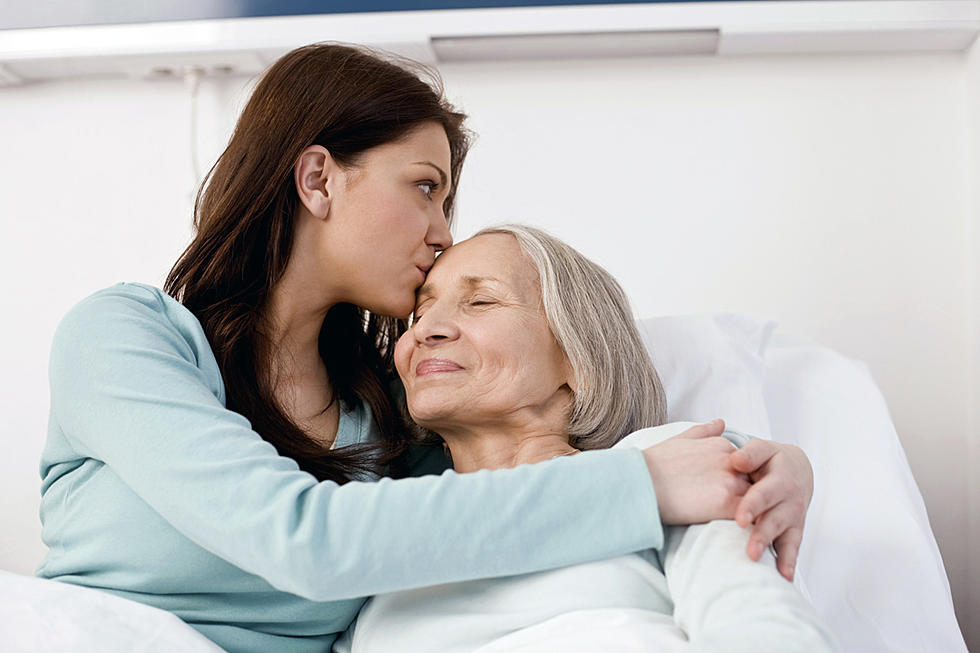
It’s Time to Rethink These Breast Cancer Myths — Risks, Causes, Prevention Methods
Throughout the month of October, we’re reminded of the dangers of breast cancer and not remaining vigilant, but there are a lot of myths about breast cancer that seem to seep into all of our awareness efforts. Some of these myths are just statistical errors, but some of them can be dangerous because they can keep people from paying attention to their breasts or seeking medical attention if something changes.
Risk Myths
There are a lot of myths about who’s at risk for breast cancer. For one thing, your genetics do not determine your risk. In fact, only 10 percent of breast cancer cases involve people with a family history of the disease. Even if it’s not in your family, you are still at risk. Also, it’s not just women who are at risk. Men can also get breast cancer, and often it goes untreated because it’s unrecognized. Men and women both need to pay attention to changes in their breasts.
Other risk myths include the idea that small-breasted women are less at risk and that if you have the gene mutation BRCA1 or BRCA2, you will definitely develop cancer. Women with breasts of any size can develop cancer, and the gene mutation isn’t an automatic sentence. Statistics show that 70 percent of breast cancer cases showed no identifiable risk factors before detection.
Lump Myths
Many people believe that breast cancer only makes itself known in the form of breast lumps, or that if you have a lump in your breast then you definitely have cancer. Breast cancer can appear as microscopic changes in tissue, as well as in the form of a lump. That’s why different types of screening are so important. Also, breasts can naturally be lumpy, and not all lumps mean cancer. Every woman should be familiar with the shape and feel of her breasts, lumps and all, and when something changes, it’s time to consult with a physician.
Cause Myths
There are a lot of myths about the cause and spread of breast cancer. If anyone ever told you that antiperspirants and deodorants can cause breast cancer, that's just wrong. Scientists have never found a connection between the two. Some people have said that having a mammogram causes cancer to spread, which has never been proven. In fact, the small amount of radiation you receive in a mammogram isn’t enough to outweigh the benefits of early detection.
There is also no truth to the myth that surgery on lumps will cause cancer to spread by exposing it to the open air. Wearing underwire bras doesn’t cause cancer. Having breast implants doesn’t increase your risk, although it could make detection more difficult. Women who use straightening agents and relaxers in their hair are not putting themselves at an increased risk. Likewise, breast injuries, power lines, caffeine, birth control pills, fertility treatments and abortions do not cause your risk of breast cancer to increase.
Mammogram Myths
Mammograms are important in the fight against breast cancer, but there are a lot of myths surrounding the procedure. As said above, we know that mammograms don’t spread cancer. Another myth is that if you have a clear mammogram you don’t have to be concerned about breast cancer. This is not true. Mammograms don’t always find cancer, especially if you have dense tissue. You have to be aware of changes in your breasts. Having a mammogram doesn’t reduce your risk of breast cancer, it’s just a method of detection.
A mammogram isn’t the final word on your diagnosis, nor is it an automatic indicator to get surgery. Mammograms aren’t perfect, nor are they completely useless. The mammogram isn’t the end all be all of detection, but it can save your life with an early warning.
Prevention Myths
Myths about breast cancer prevention are as prevalent as myths about its cause. First, it’s a myth that if you have risk factors for breast cancer, there’s nothing you can do to protect yourself. You can start reducing your risk now by managing your weight, eating right and exercising. On the other hand, it’s a myth that breast cancer is preventable. You can’t necessarily prevent it even if you are living exactly right. You still need to be vigilant about your breast health and take note of any changes you observe.
It’s also a myth that a mastectomy will prevent you from ever getting breast cancer. Mastectomies don’t remove all the breast tissue, and the cancer can still show up or return. It’s important to keep up with checks and doctor visits even if you’ve had breasts removed. And it’s important to not undergo unnecessary surgery in the belief that it will prevent cancer.
More From KUSJ-FM









